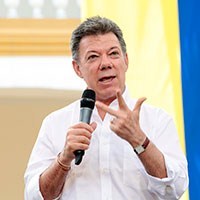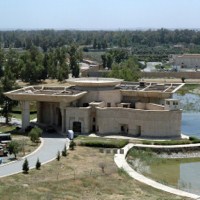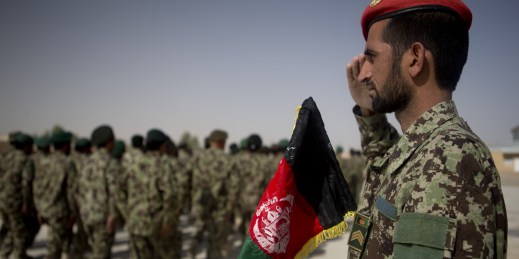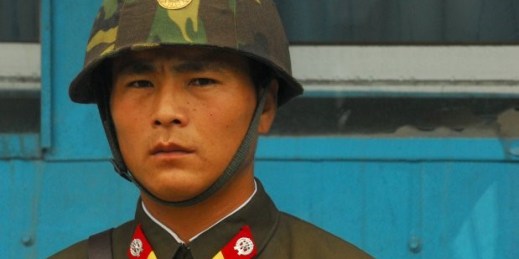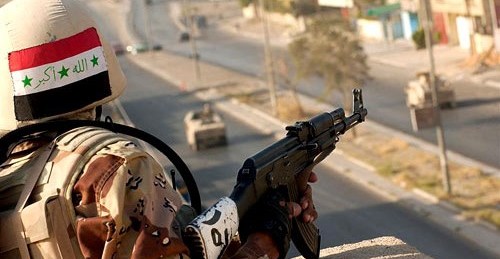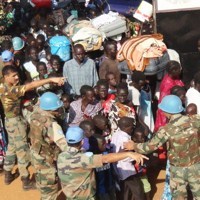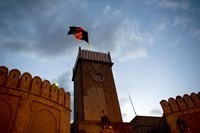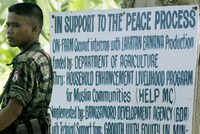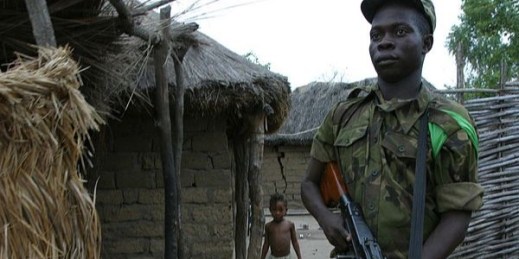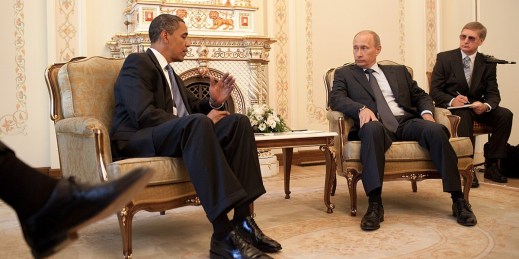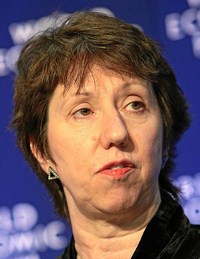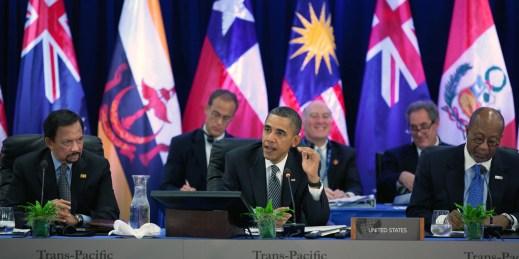
When the Obama administration took control of U.S. foreign policy in 2009, it undertook to mitigate what it considered the damage wrought by the George W. Bush team. The Iraq War was to be wound down, although, as it happens, more or less along the timeline laid down by the previous president. Afghanistan, the forgotten war, was to be quickly turned around by a judicious application of U.S resources and attention. A deft wielding of diplomacy would end the standoff with Iran, “reset” relations with Russia and bring China into a new dialogue to solve global problems. After the massive […]

